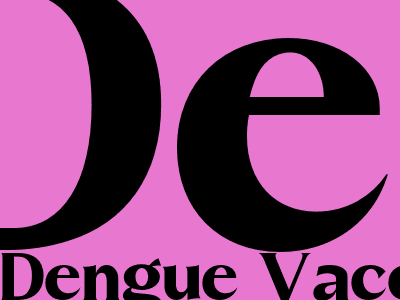Dengue Vaccine: A Comprehensive Guide for Prevention and Treatment
Introduction
Dengue fever is a mosquito-borne viral infection that affects millions worldwide. While most cases are mild, severe dengue can lead to serious complications and even death. The introduction of a dengue vaccine has marked a significant advancement in preventive measures against this infection. This comprehensive guide explores the dengue vaccine, its benefits, efficacy, and the latest developments in its usage.
Understanding the Dengue Vaccine
The dengue vaccine, developed through extensive research, is a safe and effective way to prevent dengue fever. It works by introducing weakened or inactivated dengue viruses into the body, stimulating the immune system to produce antibodies against all four dengue virus serotypes.
Types of Dengue Vaccines
Currently, there are two main types of dengue vaccines available:
- Live-attenuated vaccine: This vaccine contains weakened dengue viruses that can replicate in the body, providing long-lasting immunity.
- Inactivated vaccine: This vaccine contains inactivated dengue viruses that cannot replicate, offering a shorter duration of immunity but still providing significant protection.
Efficacy and Benefits of the Dengue Vaccine
Clinical trials have demonstrated the high efficacy of dengue vaccines. They have been shown to reduce the risk of developing dengue fever by up to 95% and severe dengue by over 80%.
Vaccination offers several benefits:
- Protection against multiple serotypes: The vaccine protects against all four dengue virus serotypes, reducing the risk of infection and severe complications.
- Long-term immunity: Live-attenuated vaccines provide long-lasting immunity, reducing the need for booster shots.
- Reduced hospitalization and mortality: Vaccination significantly lowers the likelihood of severe dengue, hospitalization, and death.
Recommended Vaccination Schedule
The recommended vaccination schedule for dengue varies by country and vaccine type. Typically, the first dose is administered at age 9 to 12 months, followed by a second dose 6 to 12 months later.
Who Should Get Vaccinated?
The dengue vaccine is recommended for individuals living in or traveling to areas with a high risk of dengue transmission. This includes:
- Residents of dengue-endemic regions
- Travelers visiting dengue-affected areas
- Healthcare workers and first responders
Current Developments and Future Prospects
Ongoing research continues to improve the efficacy and availability of dengue vaccines. New developments include:
- Single-dose vaccines: Scientists are developing vaccines that provide protection with a single dose, simplifying vaccination efforts.
- Broad-spectrum vaccines: Researchers are working on vaccines that protect against a wider range of dengue virus strains.
- Combination vaccines: Future vaccines may combine dengue protection with immunity against other mosquito-borne diseases, such as yellow fever or Zika.
Conclusion
The dengue vaccine is a vital tool in the fight against this debilitating disease. Its proven efficacy and benefits make it an essential preventive measure for those living in or visiting dengue-endemic areas. Ongoing research promises even more effective and accessible vaccines in the future, further reducing the burden of dengue fever globally.

Komentar